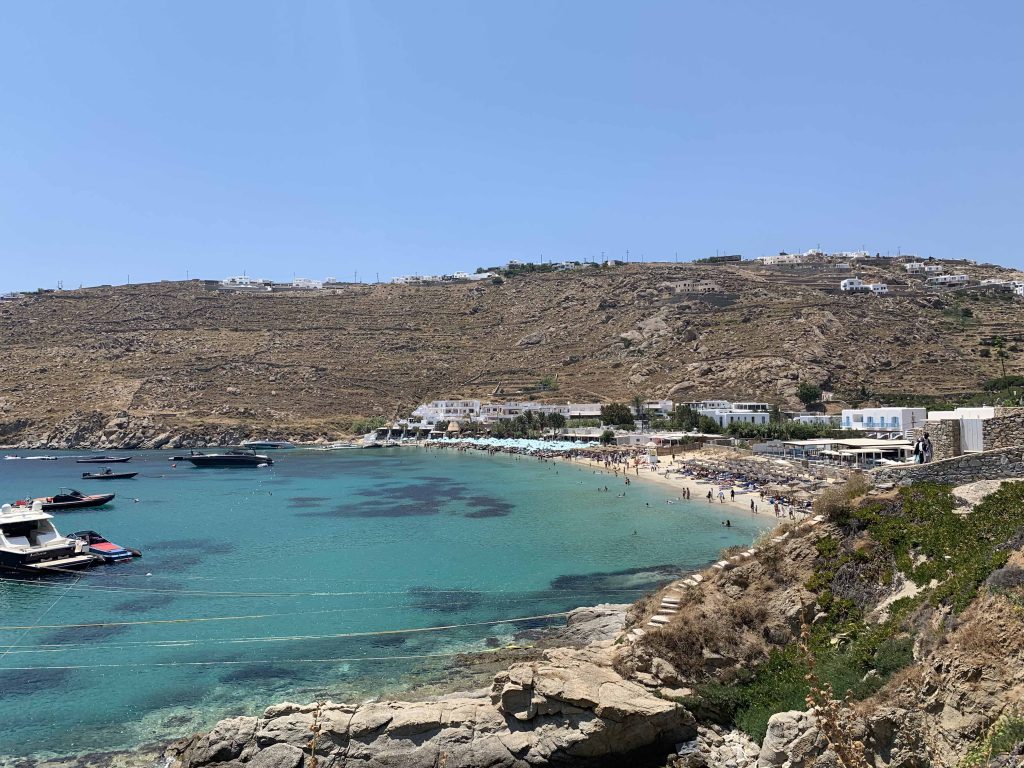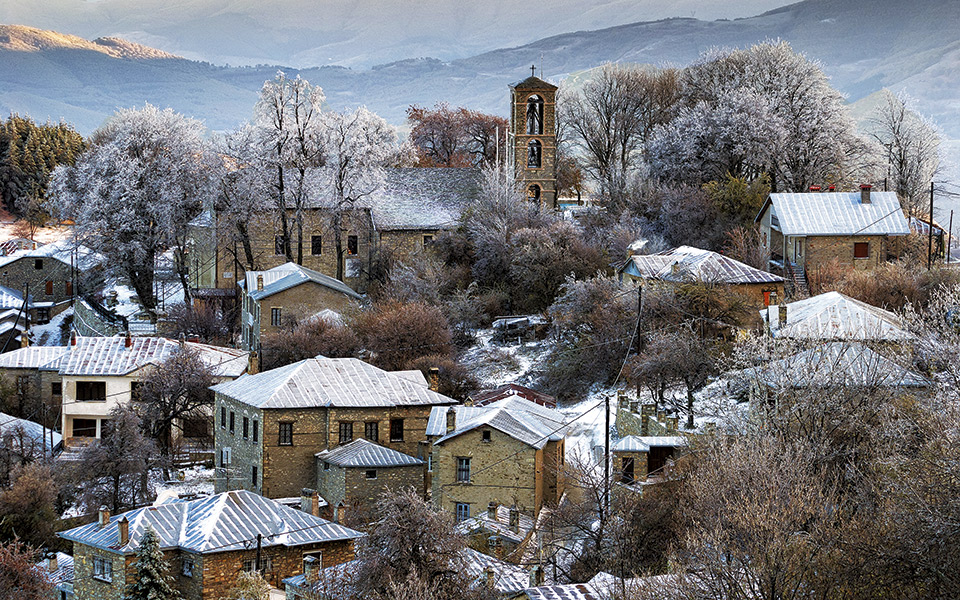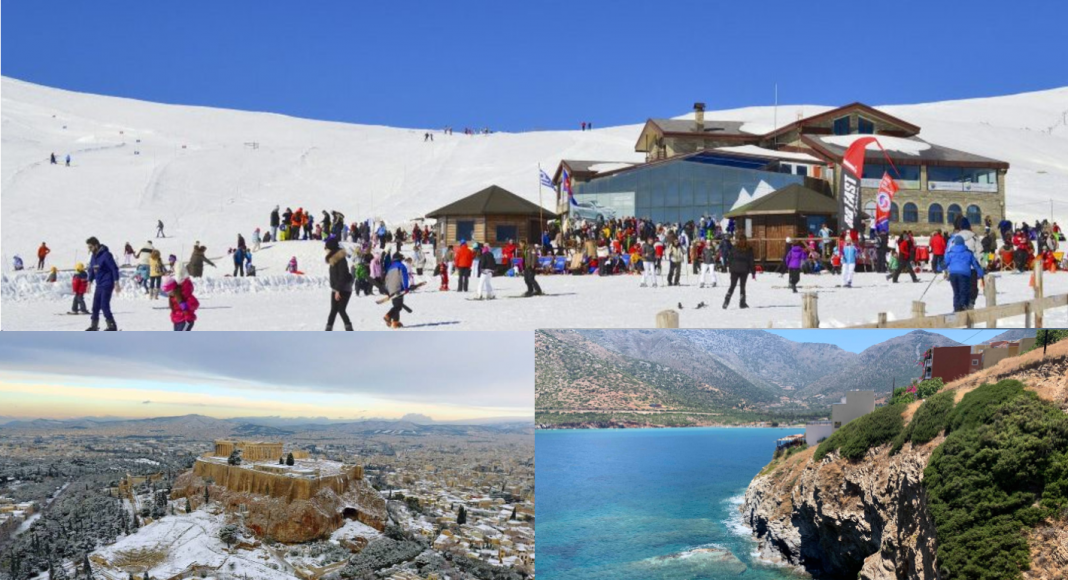Summer tourism is Greece’s golden flagpole. Upraised above their competition, flapping its incredible experiences, magnificent culture, and rich history for all foreign tourists to gaze upon.
An industry that has been built on a hundred years of development and expansion, billions of dollars have been fed into the tourism sector by the Greek government.
And this year, we watched it almost crumble under the might of a deadly virus.
The tourism industry accounts for around a fifth of Greece’s economy and more than a quarter of jobs, according to the London-based World Travel and Tourism Council. According to an OECD report, tourists spend an average of about $1,073 in Greece which ranks the country as the world’s 10th highest in tourist expenditure.

Understandably, it’s the tourism sector that Greece relied upon heavily during the financial crisis, looking to attract strong visitor numbers to its resorts, beaches and ancient monuments. The number of tourists visiting from abroad reached 31.3 million people in 2019, almost triple the country’s population, spending 18.2 billion euros.
To no fault of its own, Greece’s summer tourism suffered a delayed start this year as a result of the coronavirus epidemic, with the ‘peak summer season’ being exponentially shortened.
Yet Greece’s repeated focus on a ‘peak summer season’ may be the country’s downfall.
Read More: Opinion: Now Is the Time for Leadership
Read More: Opinion: Rural paper shutdowns must not force community news into extinction
While Greece boasts a plethora of summer tourist attractions, it’s winter destinations provide just as much entertainment to tourists abroad.
The Parthenon glistened with snow is one of the world’s most beautiful sites, shared with the white-tipped beauty of Mount Pelion. For more exciting entertainment, Greece is home to some of the world’s biggest ski and snowboard centres, such as Arachova, or Kalavryta, in Peloponnese.
But with all these attractions, what’s missing? 365 days of tourism promotion.
Speaking to the Financial Times, Elena Kountoura, Greece’s former tourism minister, says that progress is being made to increase Greece’s winter tourism.

“Overall we’ve seen a 40 per cent increase in winter tourism [in the past four years] — that means the period between November and the end of March,” she says. “Our aim is to become a 365-days-a-year destination.”
Yet Greece’s ‘aim’ of becoming a winter paradise for tourists wasn’t shown in the most recent winter period, with Eurostat recording a -8.3% loss of winter tourism in Greece.
If increased promotion of Greece’s winter destinations is not on the Tourism Ministry’s agenda, then something else must be done. In order for Greece to witness 10-20 years of economic progression, Greece’s summer tourism must not be at the forefront of the it’s economic growth.
